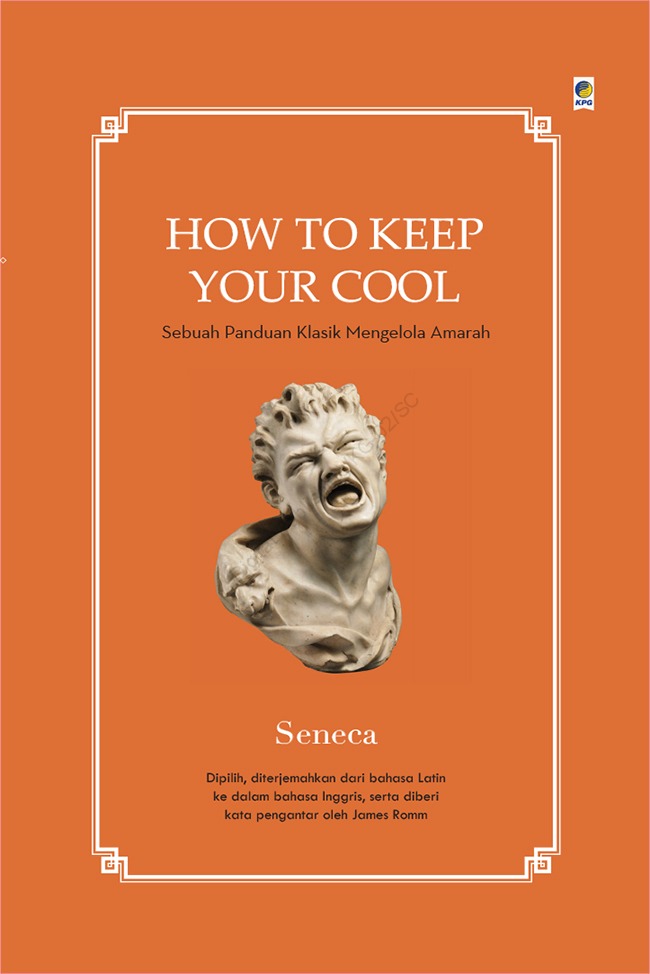What do you think?
Rate this book


172 pages, ebook
First published January 1, 2019
میپرسد: «آنوقت چه؟ آیا هیچ نیکومردی خشمگین نمیشود؟ حتی اگر شاهد کشته شدن پدر و تجاوز به مادرش باشد؟» خشمگین نمیشود، بلکه انتقامشان را خواهد ستاند یا از آنها محافظت خواهد کرد. چرا نگرانید که وظیفه تنها، بدون کمک خشم، انگیزه ناچیزی برای او خواهد بود؟ اما باز میگوید: «آنوقت چه؟ وقتی آن انسان نیک پدر یا پسرش را مثلهشده ببیند، شیون نخواهد کرد؟ عقلش او را فرو نخواهد گذاشت؟» ... انسان نیک وظیفهاش را انجام خواهد داد، بدون هراس و تشویش به شیوه درخور یک انسان نیک عمل خواهد کرد، چنانکه به کاری که درخور انسان نیست دست نخواهد زد. پدرم را دارند میکشند؛ از او دفاع خواهم کرد. او را کشتهاند؛ انتقامش را خواهم ستاند -به این خاطر که حق است نه بدان سبب که خشمگینم... خشمگین شدن به خاطر خویشاوندان نشان عقل ضعیف است نه عقل صديق. عمل شریف و درخور چنین است: دفاع کردن از والدین، فرزندان و دوستان تنها از سر وظیفهشناسی- خودخواسته، سنجیده و توأم با دوراندیشی، نه واداشته و از روی خشم.
خشم هم ناتوان از تسلط بر خویش است، هم آدابدانی را از یاد میبرد، هم دوستیها را نادیده میگیرد، هم سرسختانه و مصمم آنچه را آغازیده خاتمه میدهد، هم گوشهایش را به خرد و اندرز بسته است، هم تحرکات صرف برانگیختهاش میسازند و هم به کار تشخیص صحیح و صادق نمیآید؛ و بیش از همه به عمارتی میماند در حال فروپاشی که روی هر چیزی که به آن برخورد میکند آوار میشود…